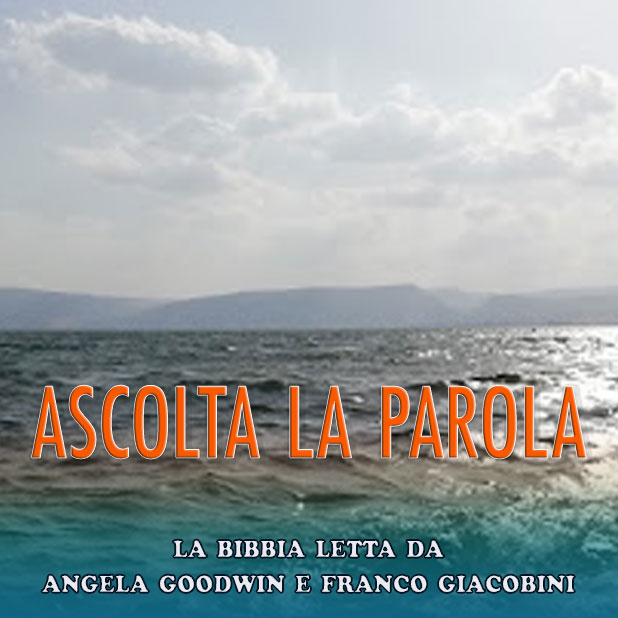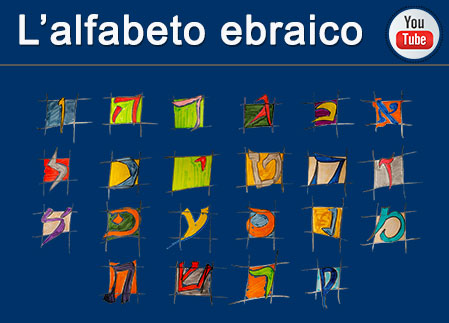International Catholic-Jewish Liaison Committee
Ungheria 12/11/2008
November 9-12, 2008The 20th meeting of the International Catholic-Jewish Liaison Committee (ILC) of the Holy See's Commission for Religious Relations with the Jews and the International Jewish Committee on Interreligious Consultations (IJCIC) was held in Budapest Hungary, November 9-12, 2008. Hosted by the Hungarian Catholic Bishops' Conference and the Federation of the Jewish Communities of Hungary, this was the second time that the ILC Meeting had taken place in Central/Eastern Europe. That previous meeting was in 1990 at Prague, at which the participants articulated the statement that anti-Semitism is a sin against God and humanity. Themes of the current meeting focused on the role of Religion in Civil Society today and the current state of Jewish-Catholic relations in Eastern Europe.
In recent decades Catholic-Jewish dialogue has been marked by a growing friendship and mutual understanding which have enabled us to build an atmosphere of trust and confidence. Catholic-Jewish dialogue can therefore become a sign of hope and inspiration for our troubled world. The new spirit of friendship and caring for one another may be the most important symbol that we have to offer to our societies. Indicative of this was the first ever gathering of a group of young leaders, Catholic and Jewish, who met for several days prior to the ILC meeting at which they participated as full delegates.
The choice of the location in Hungary reflected the desire of the ILC to strengthen Catholic-Jewish relations in Central and Eastern Europe. Moreover the fact that Hungary, and Budapest in particular, boast vibrant Catholic and Jewish communities that have experienced a revitalization in the post-Communist era, made it the natural choice of location for this meeting.
As November 9th was the seventieth anniversary of Kristallnacht, that culminated in the Shoah, it was fitting that the ILC meeting commenced with a commemoration of that event, addressed by Dr. Péter Feldmájer, the President of the Federation of Hungarian Jewish Communities and Cardinal Dr. Péter Erdő, the Primate of Hungary. Pope Benedict XVI’s moving comments on this occasion were noted and welcomed.
The official opening ceremony took place at the Buda Royal Palace (Budavari Palota), and included presentations by Cardinal Walter Kasper, Holy See’s Commission for Religious Relations with the Jews, Rabbi David Rosen, Chairman of IJCIC, Cardinal Dr. Péter Erdő and Dr. Péter Feldmájer.
The first session of the ILC, devoted to Religion in Civil Society, was addressed by Professor József Schweitzer, retired chief rabbi, former Rector of the Rabbinical Seminary of Budapest and Cardinal Theodore McCarrick, Archbishop Emeritus of Washington, DC. Focusing on the Hungarian jewish community in the last fifty years, Rabbi Schweitzer portrayed the struggle that often faced both of our communities - to maintain a religious community in a time when civil society made the public expression of religion at times illegal and always a challenge. Cardinal McCarrick, using the example of contemporary society in the United States, reflected on the benefits of religious institutions for civil societies, including transcendent moral values, charitable works, and cultural treasures through various media. Discussion and deliberation ensued.
Jews and Catholics face the challenges regarding religious life in societies that are secular. Religious values are no longer accepted by everybody although they remain crucial for the wellbeing of the individual and society. Every society must respect and defend human dignity and human rights. Recognizing the positive value of participatory democracy, at the same time, we affirm the responsibility of the state to protect society against extremism, including insensitivity to the cultural and moral values of religious traditions. We as religious leaders call on the members of our two traditions to accept their role in promoting respect and mutual understanding. Freedom of religion must be guaranteed to both individuals and communities by the respective religious and civil authorities. Catholics and Jews have an ethical obligation to demonstrate religious responsibility for society and to educate future generation regarding religious values. This is especially important in the current time given the emergent expression of xenophobia, racism and anti-Semitism in parts of Central and Eastern Europe. We continue to deplore religiously motivated violence and take particular note of outbursts against Christians in India and Iraq and anti-Semitic episodes in Europe and the Middle East.
The second day of the program focused on the current state of Jewish-Catholic relations in Eastern Europe and was addressed by Professor Stanislaw Krajewski of Poland, who spoke about the sociological context of Jews and Catholics in much of Central and Eastern Europe and Professor Balázs Schanda from Hungary, who gave an overview of the legal conditions under which they operate. The afternoon was devoted to an encounter with Hungarian jewry which was introduced by Rabbi Professor Alfréd Joel Schőner, the head of the Rabbinical Seminary and Jewish University of Hungary (former Rabbinical Seminary). ILC participants were then taken on a tour of major landmarks associated with Hungarian Jewish and Catholic history.
That evening a special celebration of the 60th anniversary of the establishment of the State of Israel was hosted by the Hungarian jewish community together with the Embassy of Israel in Hungary. The event was addressed by Her Excellency Aliza Bin-Noun, the Ambassador of the State of Israel, Cardinal Walter Kasper and Rabbi Mordechai Piron, Chairman of the Israel Jewish Committee on Interreligious Consutations.
The final day of the ILC was devoted to current issues as well as working groups on joint projects, education, and the formation of a new generation of leadership in Catholic-Jewish relations. Notable from the reports of the concurrent working groups were the initiatives for trilateral dialogue involving the Orthodox Christian partner of both IJCIC and the Holy See as well as representatives of Islam through the Moroccan Mohammedian League of Muslim Scholars; the recommendation of the Education sub-committee to help disseminate the knowledge and impact of this dialogue; and the work of a core group of jewish and catholic emerging leadership, in preparation of a conference under the ILC's auspices to be held June 2009 in Castel Gandolfo.
The present economic crisis makes us aware of the unity and interconnectness of the whole human family. Blame for the current crisis should not be assigned to any particular religious, economic, social, ethnic, or national group. We express particular concern for the most vulnerable members of society, especially the poor who always suffer the most from dramatic change in economic conditions. We seek to deliver a message of hope that invites everyone to be recommitted to the goal of economic justice and human solidarity.
Appendix attached with respect to statement issued by the ILC.
Budapest, November 12, 2008
Appendix
November 11, 2008
BUDAPEST -- The International Catholic-Jewish Liaison Committee (ILC), holding its 20th conference in Budapest, has expressed its deep regret over certain polemical and intemperate statements being made over the controversy concerning the role of Pope Pius XII during the period of the Second World War.
Cardinal Walter Kasper and Rabbi David Rosen, the co-chairs of the ILC, declared, “We reiterate our commitment to a relationship based on mutual respect and sensitivity. Disagreements between us which inevitably occur from time to time must always be expressed in a manner that reflects this spirit and not in language that only exacerbates tension.”
Cardinal Kasper noted that the concerns of the Jewish community have been clearly conveyed to the Holy See at the highest level.
Ten days ago, the request was made by the International Jewish Committee on Interreligious Consultations (IJCIC) at a Papal Audience with Pope Benedict XVI that all archival material be made available for independent scholarly review before any far reaching decisions are made by the Holy See concerning persons and policies during that period of the Second World War.
(The ILC is the convened body of the Holy See’s Commission for Religious Relations with the Jews and the International Jewish Committee on Interreligious Consultations (IJCIC).)
[Thanks to fr. N. Hofmann]
555 visualizzazioni.
Inserito 01/01/1970
Relazioni Ebraico-Cristiane
Ultime novità nel sito
- 19/04/2020: Articolo - L’enigma della Maddalena
- 23/02/2020: Articolo - Il locus amoenus nelle catacombe ebraiche e cristiane di Roma
- 16/02/2020: Articolo - Il profetismo nel Vicino Oriente antico
- 13/02/2020: Articolo - I Profeti della Cappella Sistina
- 09/02/2020: Articolo - Gerusalemme e la Terra Santa di Israele


